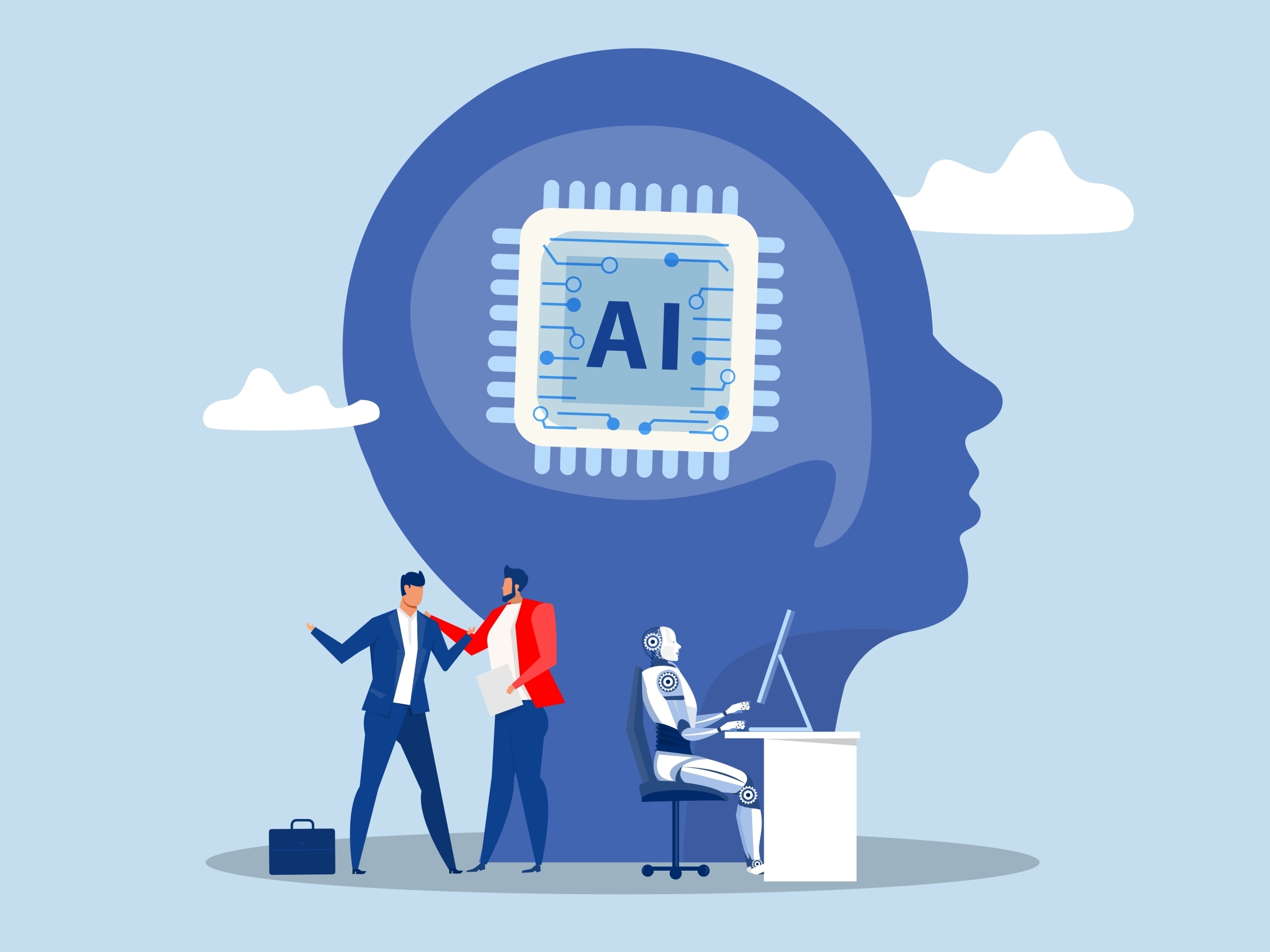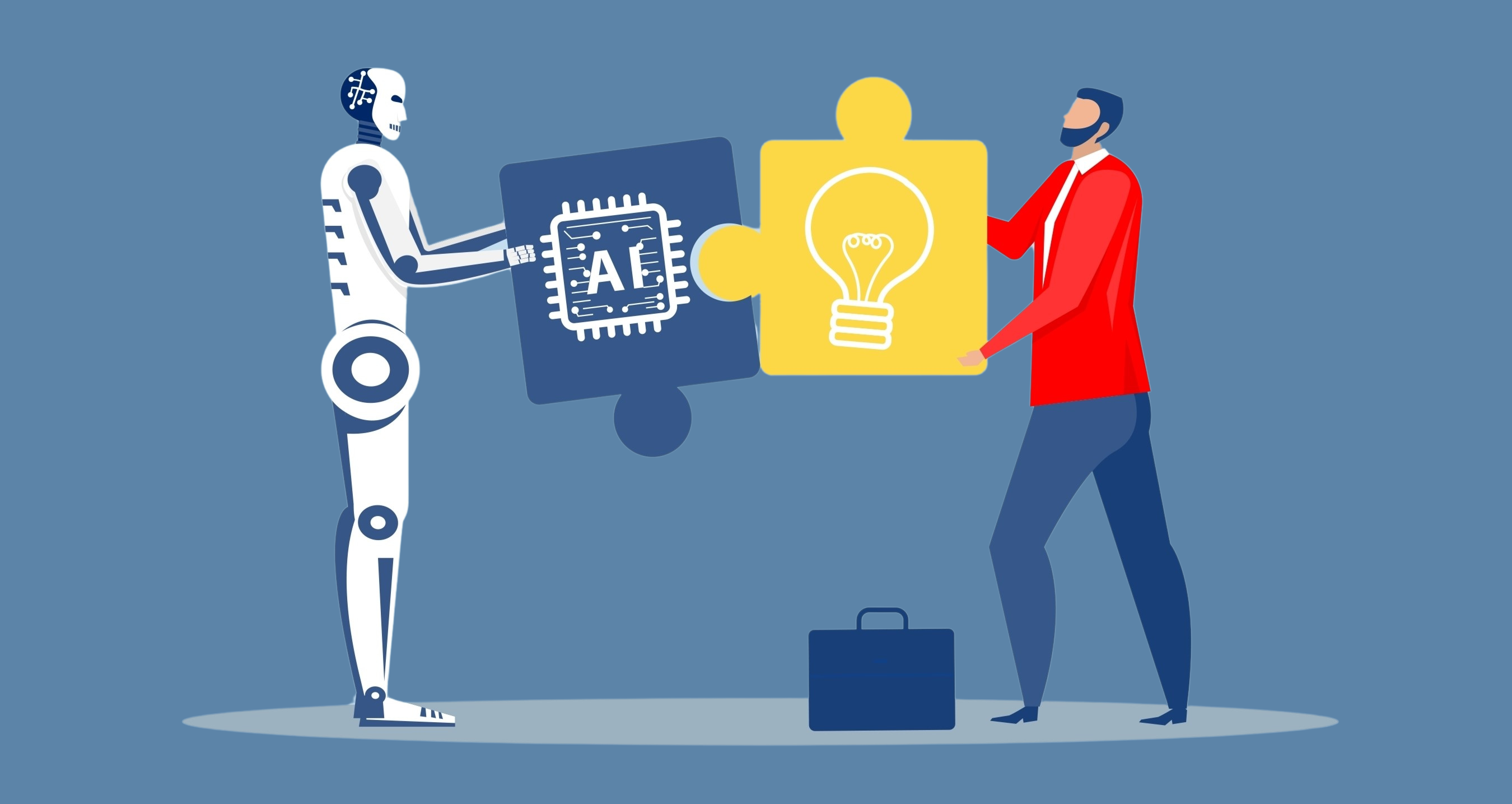
What’s the Difference Between AI & Automation in Marketing?
AI is everywhere at the moment, and you’d be hard-pressed to find many areas of life that aren’t expected to embrace emerging technologies like this in the coming years. However, there appears to be some confusion over these tools, particularly when it comes to the differences between AI and automation within marketing. But how do the two differ, and how will their growing use impact the roles of marcomms professionals in the future?
Part of the misunderstanding is because the two terms are often used interchangeably by those who don’t fully understand the concepts. In reality, AI and automation represent wholly distinct concepts that offer unique applications and uses. So, how they do differ?
Automation in marketing
Marketing automation refers to the use of technology to perform, often repetitive, tasks with minimal human intervention. In its simplest form, automation handles mundane activities, such as scheduling emails, posting to multiple social channels, or generating reports. Streamlining these routine tasks can save time, reduce human errors and deliver consistency.
The majority of marketing professionals reading this will have used automations in one aspect or another, whether that’s setting up email workflows that send messages to specific segments of your audience at certain times, or using platforms like Hootsuite to schedule social media posts. Automation can also be utilised in other areas, like weighing and valuing incoming leads or for reporting on campaign performance, amongst others. The core strength of these tools lies in their ability to manage process-driven tasks, allowing marketing professionals to focus on higher-value activities such as idea generation and relationship-building.
AI in marketing
AI goes considerably further than automation and enables machines to simulate human intelligence processes such as learning, reasoning, logic and self-correction. These technologies don’t only follow pre-programmed rules, they also learn over time and can identify patterns, make decisions and predict future trends. They use the likes of machine learning, natural language processing and data analytics to improve decision-making and do tasks that would ordinarily require cognitive input.
And, unlike automation, AI can adapt and improve over time. Rather scarily, some experts have acknowledged that they don’t fully understand the learning process involved, and AI platforms can do unexpected things which produce surprising results. As an example, despite having access to all of the information available on the internet, one platform couldn’t ascertain how many of the letter ‘r’ there are in the word ‘strawberry’.
In spite of the noise in the media, many of the AI tools in use are far from new. These include the likes of chatbots, predictive analytics platforms and dynamic pricing models (which hit headlines for their role in the Oasis ticket fiasco.) They also encompass content generative AI platforms like ChatGPT and CoPilot, that most people tend to associate with this area of emerging technology. Without knowing it, many marketing teams have likely been using AI tools and platforms in their roles for some time now – and have been utilising AI’s ability to process and manipulate vast amounts of data, learn from it and provide insights to human users or customers.

How will AI and automation in marketing change skills demand in the future?
The role of AI and automation in marketing is only going to grow in the coming years, and as more tools become available, the roles of (human) professionals will also adapt. Fear not, though, there is still a long way to go before robots take our jobs and leave us redundant, but if specialists do want to evolve in line with the rise of technology, then they’ll need to focus on specific areas of skills development.
One of the key changes that will likely take place is an increasing focus on elements like strategy, rather than execution. Automation will increasingly take on and can implement repetitive, process-driven tasks as it already has, and AI can provide advanced insights to marketing teams meaning professionals will be freed up to spend more time on strategy development.
Equally, the ability to analyse and interpret data and AI-driven insights and apply them in the right ways will become an increasingly key attribute. Other skills like creativity, and data interpretation will also grow in importance. Both are already pivotal traits in marcomms; however, AI still requires human input to build messaging for areas like brand narratives, content creation, and developing campaign ideas, and more focus will be placed on these aspects whilst data-driven tasks are managed by technology.
Both AI and automation are powerful tools that will play increasingly important roles within marketing and communications in the coming years, and will impact the activities of all professionals, from early careers, through to executives. If you’re looking for advice on how to deal with this evolving environment, or are an employer seeking professionals armed with skills to manage the future world of work, contact the team today to find out how they can help you.
*****
